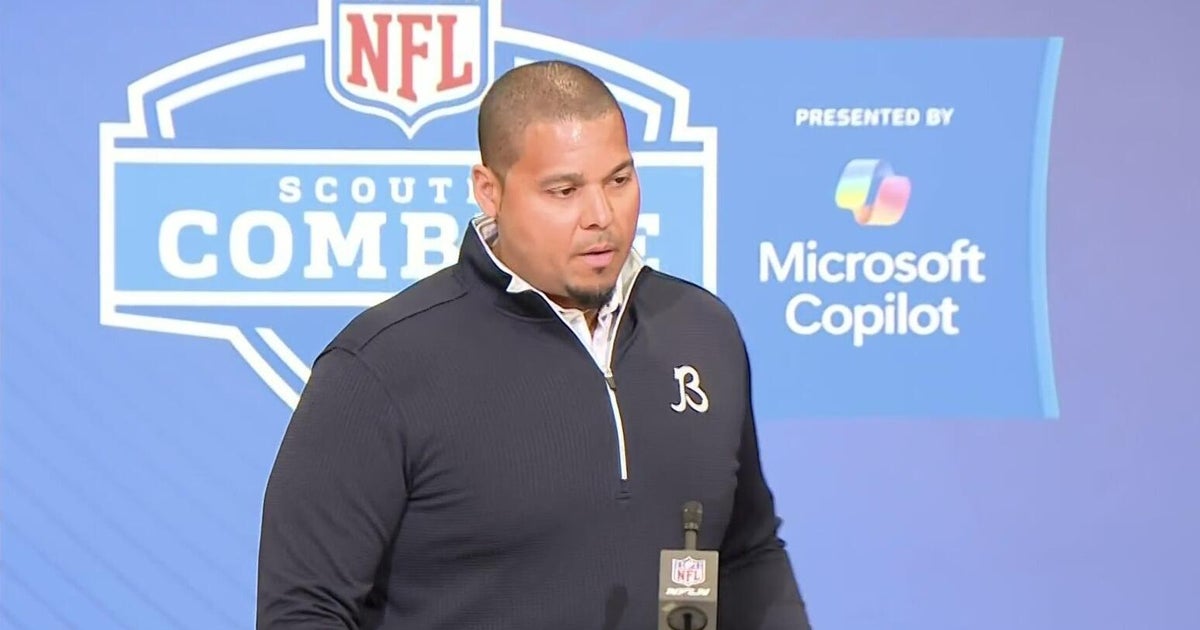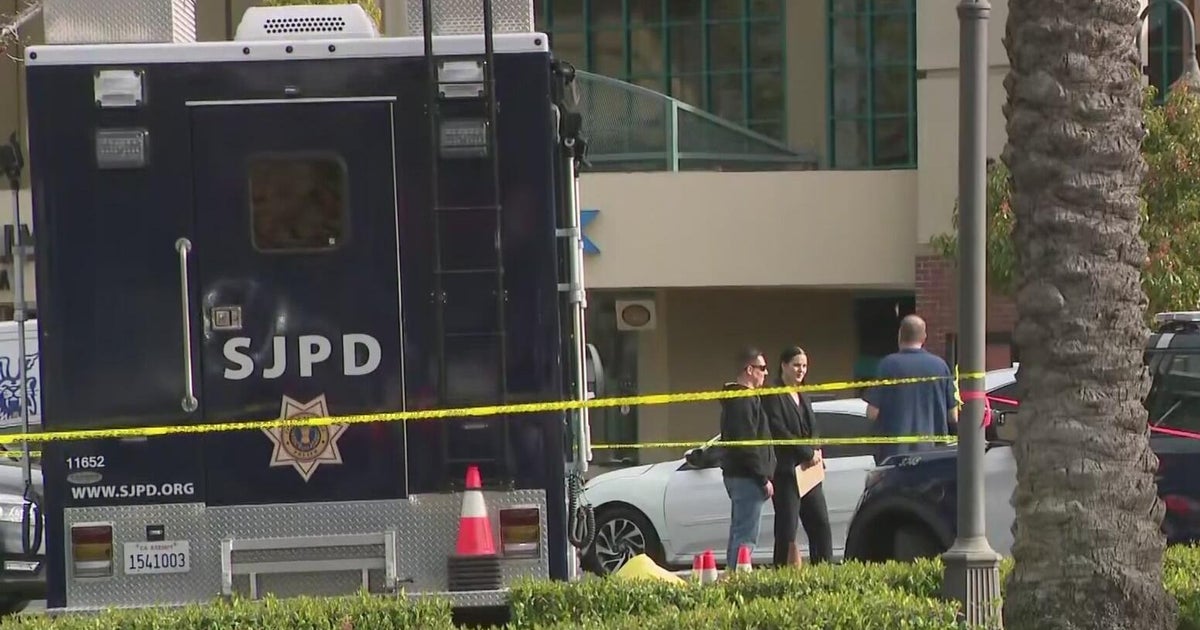Former Bears quarterback Erik Kramer releases memoir documenting depression, suicide attempt
CHICAGO (CBS) -- Erik Kramer was the star quarterback for the Bears back in the 1990s – and still holds the franchise record for passing yards and touchdowns in a single season in 1995.
But Kramer played through depression. And once he retired, the death of his parents from cancer – and the death of his teenage son from a heroin overdose – drove Kramer to attempt suicide in 2015.
Kramer miraculously survived shooting himself in the head through his chin.
He is now sharing his story through his autobiography, "The Ultimate Comeback: Surviving a Suicide Attempt, Conquering Depression, and Living with a Purpose."
Kramer talked with CBS 2 Sports Director Marshall Harris about his experiences and his outlook.
"Surviving a gunshot wound to your head is probably not commonplace, I'm guessing," Kramer said. "But if you do survive it – which I have – then being grateful for being alive, one thing, is an amazing feeling – which I still am – and having a sense of purpose," Kramer said. "I got a phone call yesterday from a former teammate in Detroit who was desperately seeking to get a hold of me, and had called another teammate, and told me some things he was going through that were similar to something I went through. And I started talking to him and he goes, 'You have no idea what you just did for me.'"
Harris asked Kramer what he hopes people will take away as the central message from the book.
"When I was playing, there was two words that never really went together – mental health. Now, it's everywhere. It's in schools – they have dedicated resources to it. It's in the NFL and other pro-sports teams. It's in companies," Kramer said. "Most people, either at one point in time – I don't care how old they are – at one point in time have either had depression and anxiety, or know someone close to them who has. That's nearly 100 percent. And that's just life. And I think that this book helps to tell the story of one person who has dealt with that, and that there are proactive ways to deal with it."
Kramer also elaborated on the perspective that he has now that he didn't have when going through his depression.
"I didn't have perspective of, 'What would this do to other people?' I didn't have it. I didn't have the, 'Hey, this is temporary,' because when you're in it, it feels anything but temporary," Kramer said. "And so I think the more this becomes a subject matter in schools, the better."
Kramer has become a champion for mental health since recovering from the gunshot wound. He has set up mental health programs for kids at middle schools in San Diego, where he lives.
He is also hoping to coach high school, which is what he thought he was going to do out of college.







